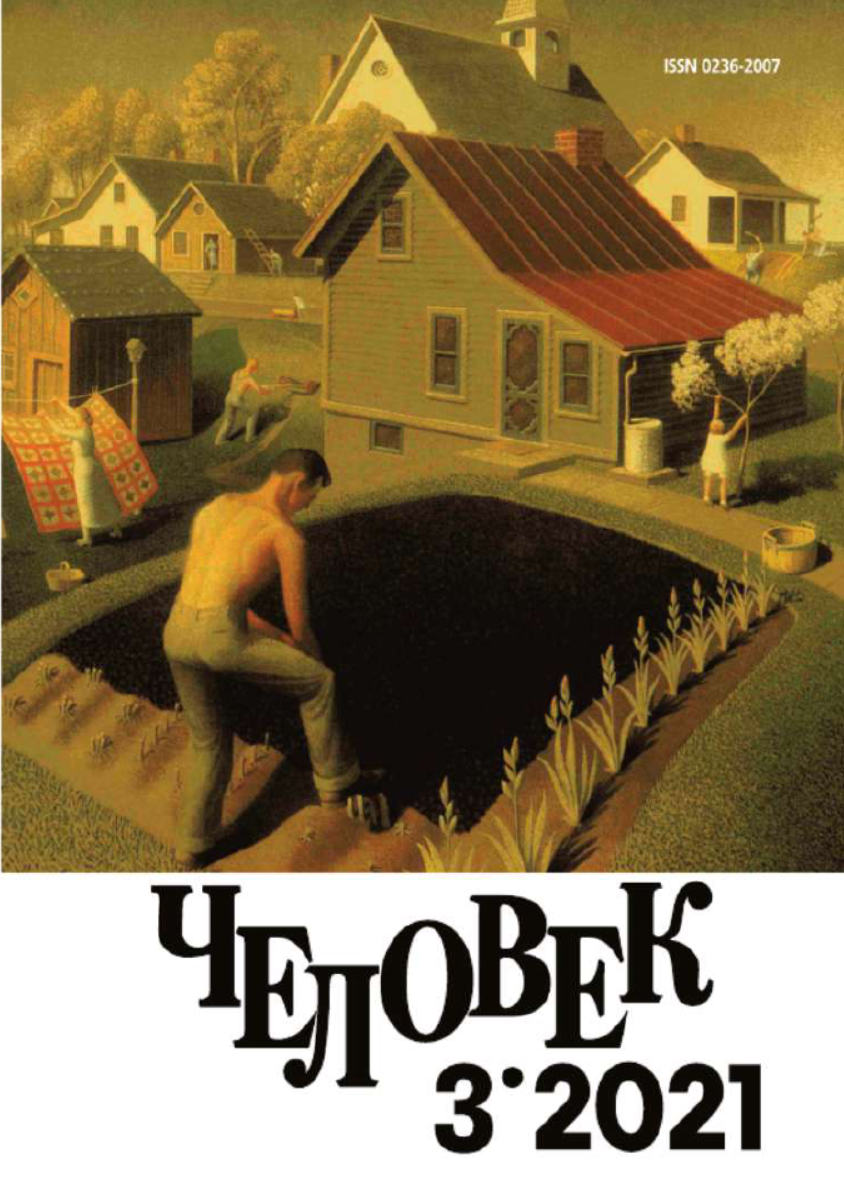Fairness from a Pragmatic Point of View
Keywords:
J. Rawls, I. Kant, fairness, envy, fair play, semblance, communitarianism, liberalism, utilitarianism, aestheticsAbstract
In almost any discussion of J. Rawlsian philosophy, it is only a matter of time for the two principles of justice to come up. All the more important it is to remember that the famous formulations of those principles arise due to the fact that justice itself is being understood as fairness. It is the concept of fairness that allows Rawlsianism to occupy its elusive position between utilitarianism and communitarianism. Formal rules of liberal institutions, as well as communitarian traditions, exist to interpret individual behavior; fairness, on the contrary, is behavior of the individual with which he interprets and criticizes a rule. Fairness is both an aesthetic phenomenon and a moral principle; it is material, but devoid of substance; it presupposes self-restraint, but does not contradict rationality. Rawlsianism in its usual form does not allow revealing all these paradoxical aspects of the concept of fairness and therefore cannot fully repel theoretical criticism coming from opposite sides at once. This is due to Rawls’ one-sided idealization of the individual, who retains her “good” qualities (autonomy, rationality), but is stripped of the “bad” ones (envy). By contrast, I. Kant’s later theory of etiquette as a “permissible moral semblance” is based on an analysis of ambivalent inclinations inherent in human nature. Regarding Rawls, this theory shows that fairness does not contradict envy, but on the contrary functions as a kind of culture of the latter. Still, Rawls’ originality lies in the fact that his concept of fairness exhibits not only social and educational, but also civic and legal validity.






